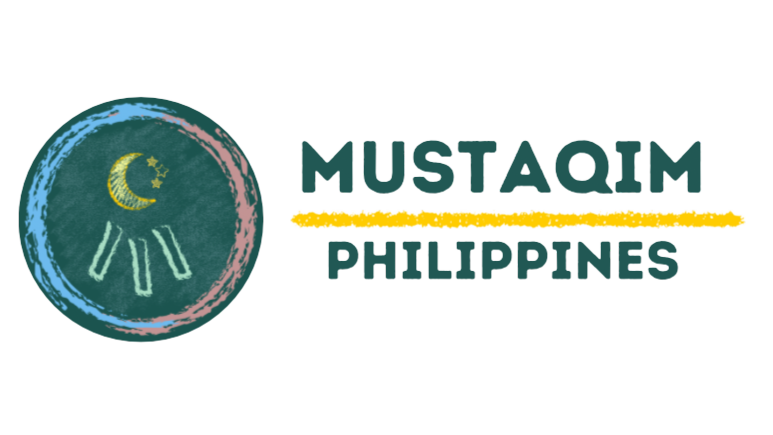The term Madrasah (plural of Madaris) is an Arabic word that means “a place of study” or “school.” It is derived from the root word “dars,” which connotes a learning process carried through drill lessons. Also derived from the same root are: (1) mudarres, meaning a male teacher, while mudarresah is a female teacher; and (2) derrasah, meaning studying or studied subject. (Ismael, 1995). In other words, Madaris is an educational institution for Muslims. It can be considered as private schools operated through local support and foreign donations, especially from Islamic countries.
The main focus of Madaris curriculum revolves around Islamic studies and Arabic language. In addition, it has three general descriptive types in the Philippines: traditional, formal, and standard private. The traditional or weekend madrasah is considered a non-formal school that focuses on religious instructions. It is called weekend madrasah because the class usually starts during Saturdays and Sundays only or depends on the days agreed by the students and teachers. The developmental or formal madrasah is somehow inline with the formal education system that operates like a regular school. This type of madrasah is somehow different and advanced than traditional madrasah. The students in this school go through madrasah edadi (pre-school) and madrasah sanawi (high school) where subjects like Mathematics and Science are taught. The standard private madrasah is aligned with the DepEd Order No. 51 which is about the standard curriculum for elementary public schools and private Madaris. It means that its curriculum is aligned with DepEd to be recognized. One of the importance of this school is the inclusion of ALIVE that stands for Arabic Language and Islamic Values Education which is vital in every Muslims in the Philippine schools.
In these challenging times, given that the Bangsamoro Government is in transition, the quality of education in Madaris in the Philippines, particularly in Mindanao, is still improving. Together with the Bangsamoro Government, they passed an education code, improved education by way of standardization of special eligibility of Madaris teachers, granting financial assistance to accredited Madaris, and building new and more Madaris in BARMM areas to empower the educational institution.
